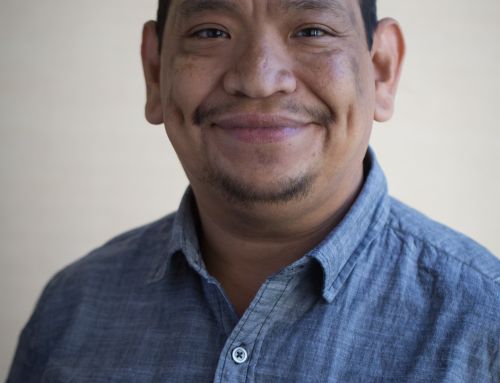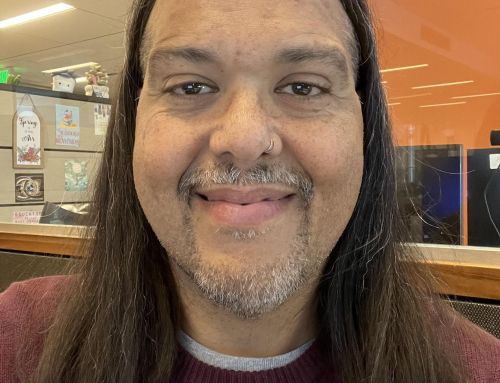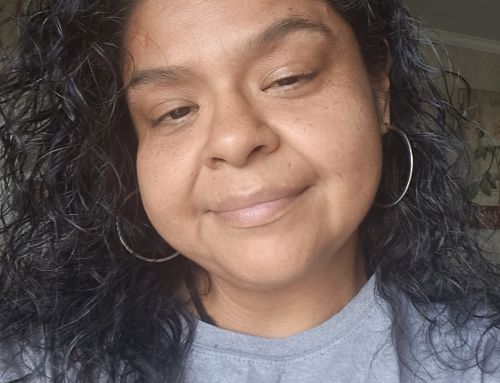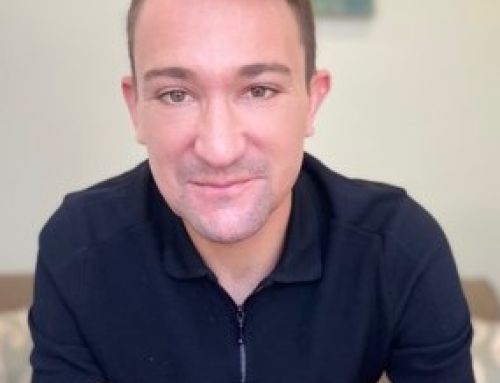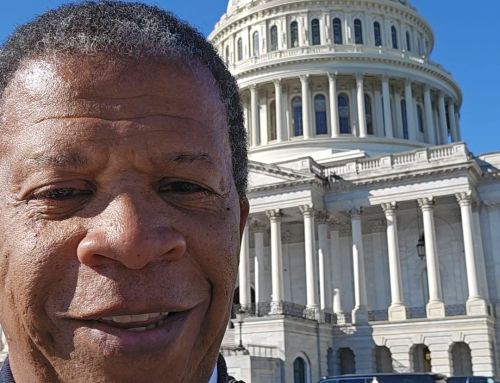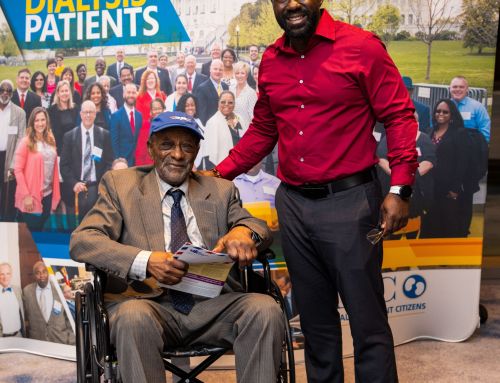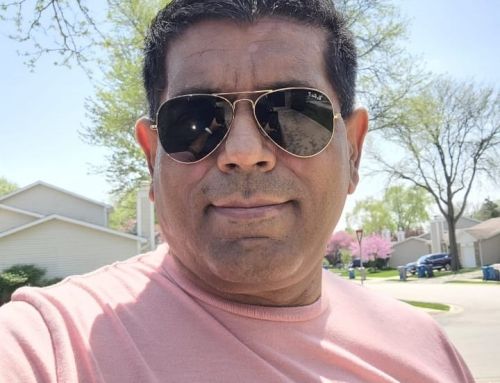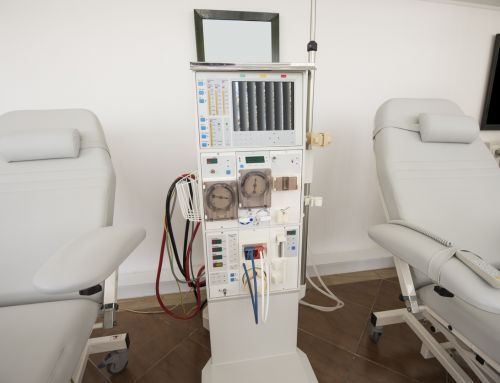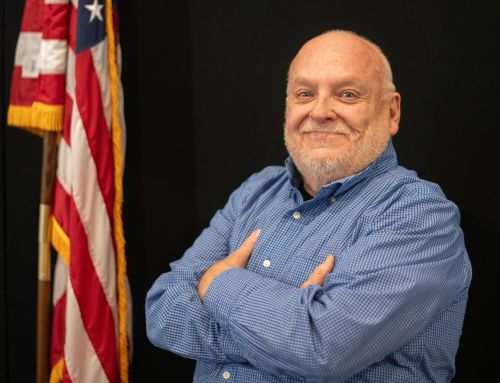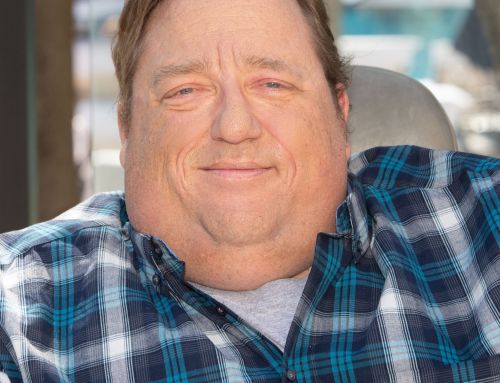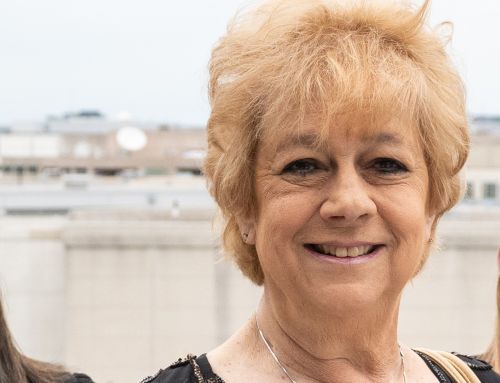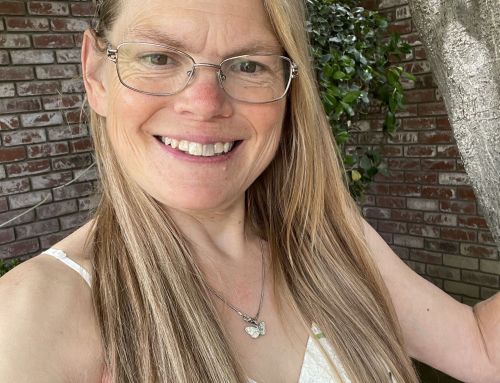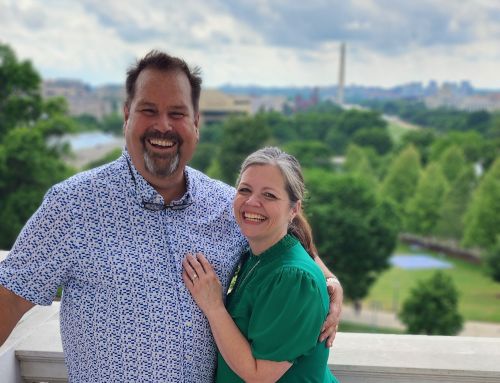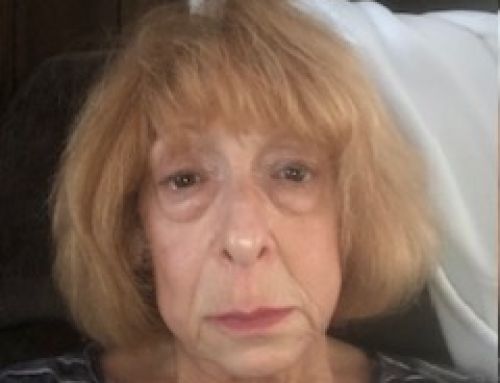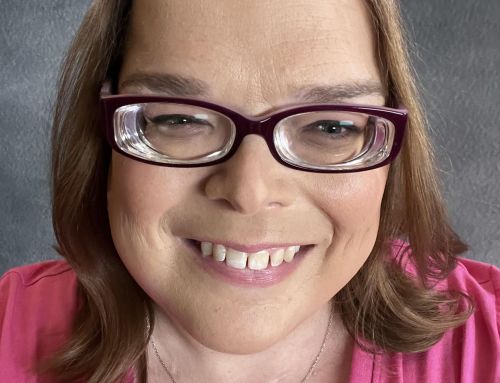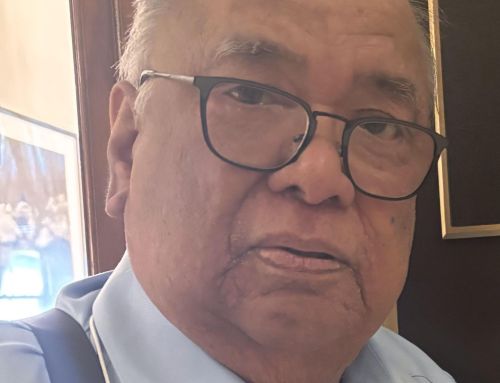Starting dialysis in 2016 showed me there are a lot of challenges patients with end-stage renal disease (ESRD) face. There are major lifestyle differences, and treatments take several hours multiple days each week. While I can do these treatments from home at night, lots of other patients need to make trips to their local clinics, which takes an exhausting toll.
One of the biggest challenges for many patients, though, is the cost of the treatments and medications. Over time, those costs get overwhelming and can force patients and families to make difficult decisions that they should never have to worry about to begin with.
Those costs can be especially overwhelming for dialysis patients who are under 65 years old, many of whom don’t have Medigap coverage to take care of the costs which are not covered by Medicare. Unless lawmakers help make it easier for them to get that Medigap coverage, patients can be stuck paying for considerable portions of their dialysis treatments, which can quickly become burdensome when added to the other medical costs many dialysis patients have.
For example, even though I have a Medigap plan through WPS, being on home dialysis means I still have pricey out-of-pocket costs for things like paper goods, over-the-counter medications for pain and cramping, and more that aren’t covered by Medicare or insurance. I’m not sure what I would do if I had to pay for what my Medigap plan covers on top of those costs.
Unfortunately, that’s the exact dilemma facing patients in states without Medigap coverage options who also have other conditions like heart disease, diabetes and more that require their own treatments and medications. Without comprehensive coverage, those costs can also pile up and force a lot of patients to make difficult decisions on what they can actually afford to pay. When they should be focusing squarely on their health, patients’ main worry is often how they are going to pay their medical bills.
There are ways to help, though. Some members of Congress are working on a bipartisan bill that would make life on dialysis more affordable called the Jack Reynolds Memorial Medigap Expansion Act, which would expand Medigap coverage to dialysis patients who are under 65. Given how many patients struggle with covering those costs out of pocket, it would be a welcome change that helps patients rest a bit easier knowing they’ll be able to afford the treatments and medication that they need to treat their kidney disease.
It’s a smart, commonsense fix that lawmakers on both sides of the aisle support. As Congress continues work on the Jack Reynolds Memorial Medigap Expansion Act, I hope that our elected officials in Washington like Rep. Scott Fitzegerald, Sen. Ron Johnson, Sen. Tammy Baldwin and others help to pass this bill and make life on dialysis a bit easier for some of the dialysis patients throughout the U.S. who are struggling just to get by.
Dialysis is already tough, and patients shouldn’t have to worry about whether they will be able to afford life-saving treatments. Passing bills like the Jack Reynolds Memorial Medigap Expansion Act can go a long way toward improving access to care for kidney patients, and help ensure fewer patients are left wondering how much longer they’ll be able to afford their treatments.
Richard Muehlbauer, Oconomowoc, Wisconsin

